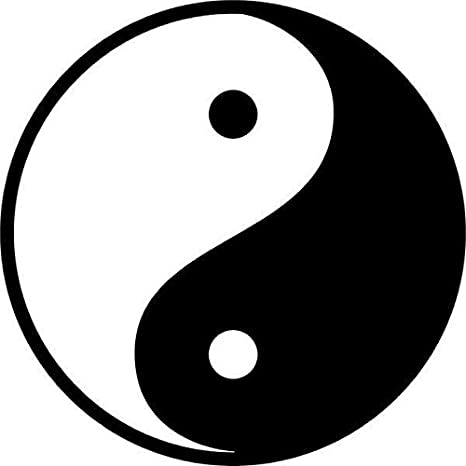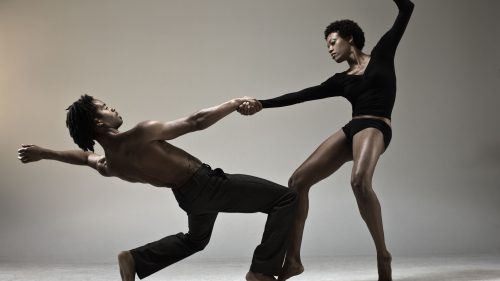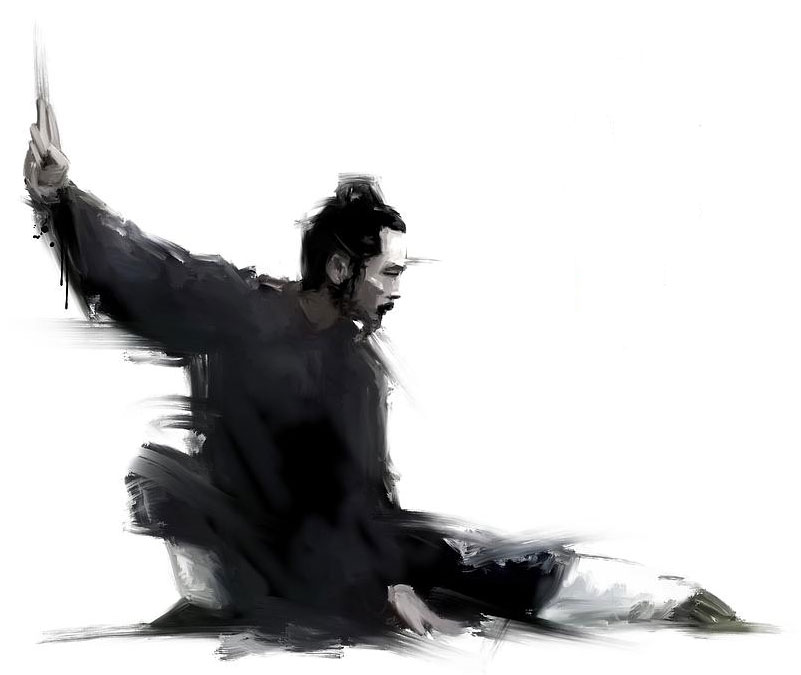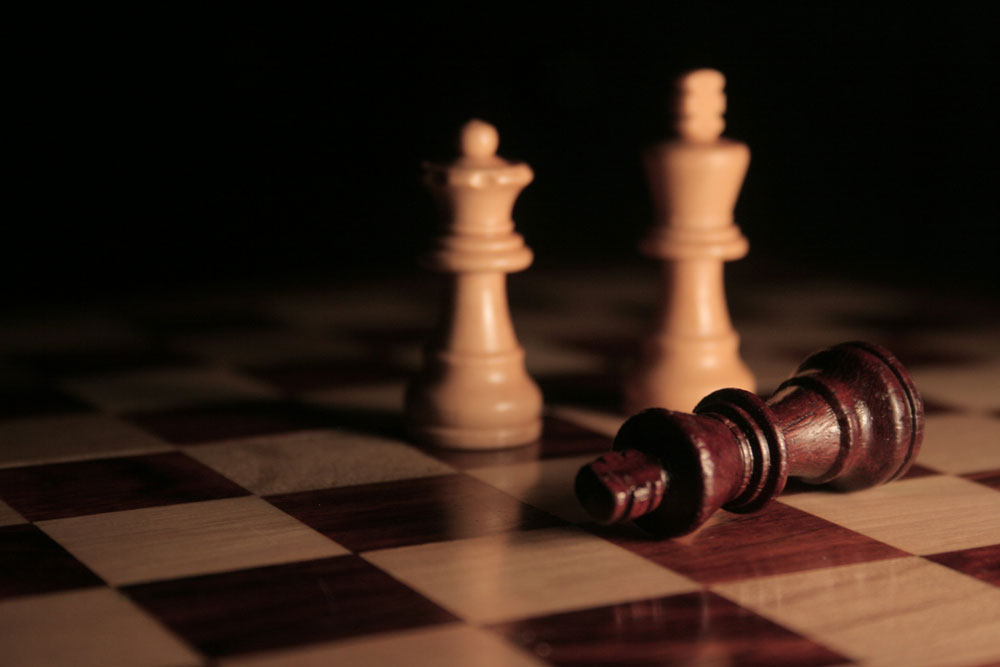Taoist priests have known for millennia that the secret to a long and happy life is Balance.
In Taoism, the concept of balance is present in everything we do, from brushing our teeth, doing our work, or dancing and playing games. It also exists on every scale of the universe, from the very small (quantum physics) to the very large (astrophysics). Coaching with me focuses on certain levels:
- You, the individual
- Your partnerships and relationships
- Your group dynamics
Let’s first take a look at balance. We’ve all heard this word, and we know it’s important. We strive for “work-life balance,” but many of us struggle with how to implement it. Through the practice of taichi and it’s applied techniques (aka taichi push hands), I’ve learned many things about what a balanced life means in terms of what we do and don’t do. In this blog, I will focus on:
- Mind your own balance, first and foremost;
- Trust your instincts. If you feel off balance, you are. Pay attention to what your body and emotions are telling you to do next, and then do it.
How Balance and Imbalance Feels in Our Bodies
First, let me introduce the Taoist illustration of balance, the Yin-Yang Tu, or Taiji Tu. When talking about this concept, it’s best not to consider it as a scientific fact or absolute truth of the universe. It’s more like a useful way to think about how things work that leads to happiness and successful endeavors.

The Yin-Yang is a complete whole. Each complete whole is made up of two parts, which are both separable but also inseparable. When Yin is removed from Yang, it creates two other complete Yin-Yangs. This is illustrated by the small dot inside each part: inside each Yin is a whole complete other Yang, and vice-versa. Yin can never truly be separated from Yang, nor Yang separated from Yin. They exist together, and wherever one exists, there is also the other. When you separate them, they will create each other, and you will end up with more and more complete Yin-Yangs.
On a partnership/relationship level, which is where I do most of my coaching, 2 people make up one whole, complete Yin-Yang. In this way, a duality appears where one person represents more Yin, and the other person represents more Yang. But again, inside each Yin is a small dot of Yang, and inside each Yang is a small dot of Yin. They are never actually truly separate.
Yin is the dark half, representing softness, yielding, giving way, resting, sleeping, accepting, retreating, and allowing.
- Healthy Yin feels loving, caring, compassionate, and merciful.
- Too much Yin feels like being overtaken, being snuffed out, or rotting away. You will feel like you want to push away, like you need space, or are crowded and overwhelmed.
Yang is the light half, representing hardness, sharpness, driving, piercing, being active and alert, creating, and advancing.
- Healthy Yang feels productive, like you’re accomplishing things, communicating clearly, and moving quickly and easily towards your goals.
- Too much Yang feels invasive, aggressive, like you’re crashing or tumbling over yourself. You will have feelings of anger or frustration, like you’re overextending yourself or don’t have support to accomplish the things you want.
In relationships, if one partner is imbalanced individually, the foundation of the relationship will also be imbalanced.
Minding Your Own Balance
Like a dance partnership, it’s each dancers’ responsibility to take care of their own balance first and foremost. If one partner is off balance, there is no chance they can save the partnership. It is up to the balanced partner to do so, which puts the power in their hands.

What do you do when you sense an imbalance?
- First, take some time to check in with yourself. Stop what you’re doing, even if you’re in the middle of a conversation/argument.
- How do you feel?
- Have you felt that way before? When? What was happening?
- What’s happening now? Is it related to some past event?
- What do you need right now? This is usually the hardest part, but it will get easier with practice.
I know there is strong social conditioning to think this is selfish and therefore a bad thing. Believe me, it’s the responsible thing to mind your own balance not only for yourself, but for the other person as well.
- Take some time to regain your balance.
- Rebalancing too much Yin often looks like:
- Asserting boundaries
- Making requests
- Taking up space
- Rebalancing too much Yang often looks like:
- Being silent and listening
- Allowing the other person to rest
- Allowing the other person to speak and take up space
- Rebalancing too much Yin often looks like:
- Re-engage when you feel balanced again. You will know when you have the urge to move forward again. You will now have solid footing to do what’s needed to rebalance the partnership.
If, after rebalancing yourself as an individual, there is no urge to move forward or continue interacting with the other person, it may be that the combination of you two is just fundamentally unstable and unworkable. With ongoing coaching, we will work to identify what the initial cause of the imbalance is, what requests or changes you need to make to ensure it won’t happen again, and move forward on solid ground.
On the other hand, if cutting ties or burning bridges is a pattern that recurs with different relationships, there may be something deeply imbalanced in yourself. After all, “the common denominator in all your failed endeavors is you.” With ongoing coaching, we will look deeper into your past and patterns, decide what is useful and what is not, and untangle yourself from the things that hold you back.
Reader Reflection
- Have you been noticing signs of healthy yin or healthy yang?
- How does it feel, both in your body and emotions?
- What are the signals your body gives when it’s time to switch? (yin>yang or yang>yin)
- Have you been noticing signs of too much yin or too much yang?
- What do you think your body is trying to tell you?
- What can you do to restore that balance in yourself?
- Have you been noticing imbalance in your interactions with another person?
- Who is more yin, and who is more yang?
- What can you do to restore that balance in the partnership?
Please tell me, I’d love to know!
You can email me: Steve@CoachSteveYang.com
Or if you would like further coaching, we can schedule a 50-minute Discovery call here: https://coachsteveyang.square.site/s/appointments
For Workshops & Courses please click here




